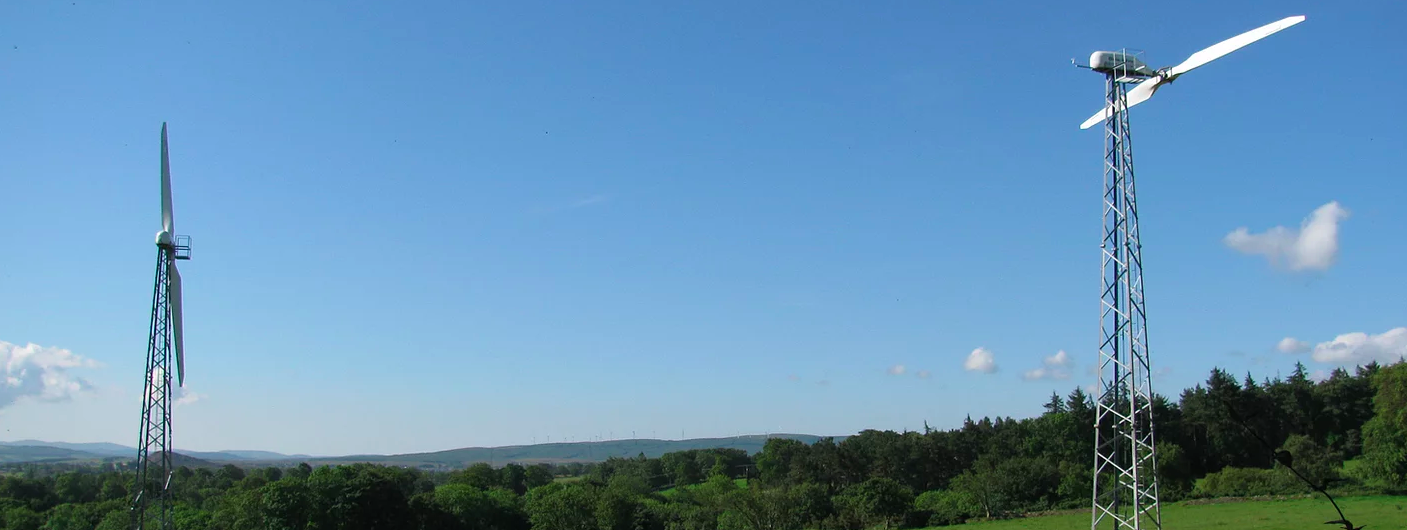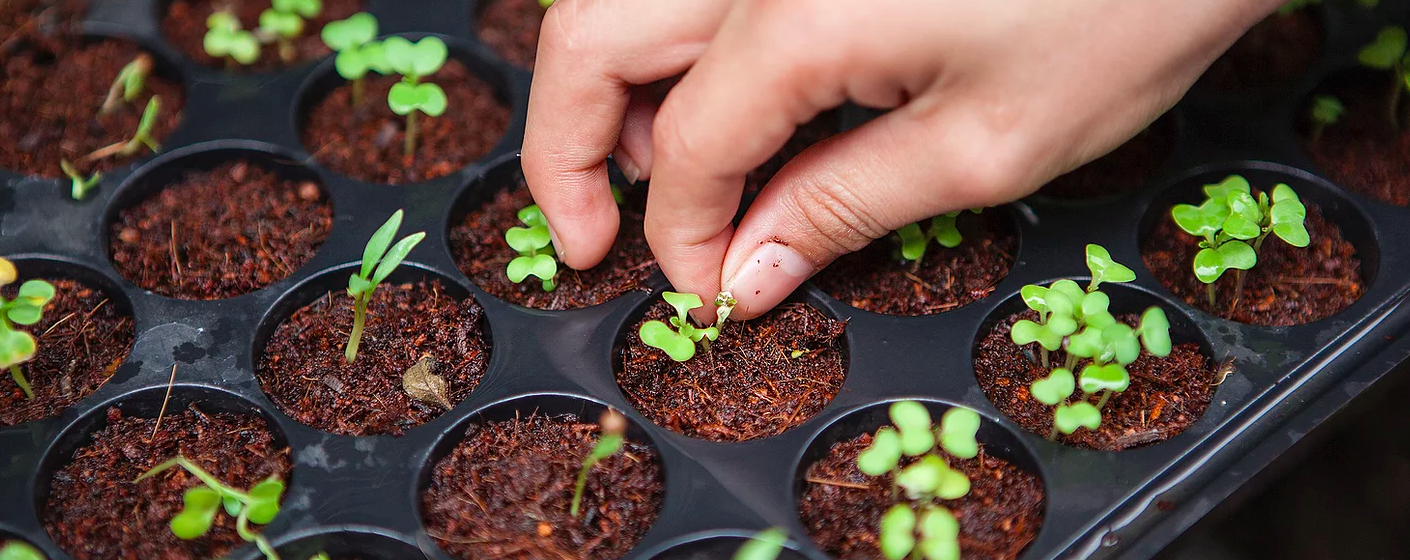Scotland’s Karuna Bhavan Receives CCAF Grant to Support Green Recovery
By Madhava Smullen | Мар 21, 2021

The Keep Scotland Beautiful initiative, on behalf of the Scottish Government, has granted ISKCON Karuna Bhavan (also known as Krishna Eco Farm) almost £9,000 from the Community Climate Asset Fund (CCAF).
The fund aims to support green recovery in Scotland’s communities, in order to tackle climate change and help Scotland cut greenhouse gas emissions to net-zero by 2045.

Karuna Bhavan received the grant offer in December, and funds were transferred in early January. Keep Scotland Beautiful is also providing training to various groups, so as part of the grant, four devotees including Karuna Bhavan temple president Prabhupada Prana Das took the Carbon Literacy for Community Leaders course online in February.
“That brought us up to speed with the current state of affairs in the global climate crisis, and will allow us to offer Krishna conscious solutions in a much more relevant way,” says ashram head Raghunath Bhatta Das. “It also helped us to realize that what Srila Prabhupada gave us has all the solutions to major climate problems in the world not only on a spiritual level but also on a very practical level.”
The grant included funding for several items to reduce energy use and Karuna Bhavan’s carbon footprint. These are LED bulbs throughout the property, roof insulation to keep heat in, a hot-box compost bin, materials to build compost bays, polytunnel greenhouses that grow flowers and vegetables for the deities and devotees, raised beds, a wood drying shelter, and manual and electrical wood processing tools.
“Chainsaws use fossil fuels like petrol and oil,” says temple president Prabhupada Prana Das. “So instead we got some good old-fashioned hand tools, the kind they used 100 years ago, like a two-person crosscut saw.”
He explains: “If you do the calculations, it might not take you long to chop up a tree with a chainsaw. But when you factor in filling it with oil, getting all the things you need to maintain it, service costs, downtime when the tool is out of action, etc, you’re not really saving time. It’s just like the example that years ago in the days of horses and carts, you could get from one end of London to the other more quickly than you can now in a car. Cars can go 100 miles an hour, but there’s so much congestion that people can barely travel ten miles an hour in them. So although technology appears to be saving us time and effort, it just makes things more complicated.”
Efforts are currently underway to install and implement the new grant-funded tools and facilities. Meanwhile, Karuna Bhavan already has several energy-saving pieces of technology.
The farm’s biomass boiler was installed back in 2012 thanks to another grant from the Scottish government’s Community Energy Scotland. This takes smoke emissions that would normally be released outside through a chimney in a regular woodburning stove and redirects them into a secondary combustion chamber which ignites them. “So by the time you burn all those fumes, you’re getting more heat per log, and reducing your emissions,” Prabhupada Prana explains. “An old-style metal box log burner would be 30 to 40% efficient, while the biomass boiler is about 93 to 95% efficient.”
The farm’s two wind turbines, also set up in 2012 using an interest-free loan from the government-funded Energy Savings Trust, saves Karuna Bhavan about £1,000 a month in electricity costs. Solar thermal panels also gives one of the community buildings free hot water.
Karuna Bhavan, a 12-acre farm in South Lanarkshire, Lesmahagow, Scotland, 25 miles from Glasgow, has been in lockdown since the beginning of the COVID-19 pandemic. Before the pandemic, however, such simple living and high thinking attracted members of the public and university societies, who would visit for retreats and volunteer on the farm. In the process, they would learn how to grow food locally, reduce their carbon footprint, and maintain good physical and mental health by living sustainable lives. After doing kirtan and taking prasadam, some would also naturally become more interested in Krishna consciousness.
Once Karuna Bhavan can open up to the public again post-pandemic, Prabhupada Prana hopes the farm will attract visitors once more and become a popular retreat center, in a time when reducing one’s carbon footprint and living a more green lifestyle is becoming increasingly important to people.
In the long-term, he hopes to expand ISKCON’s Om Sweet Om center in Glasgow into a premises next door, featuring an ahimsa vegetarian café that would only use ahimsa dairy from the farm.
“We’re hoping to link the city to the farm through cow protection,” he says. “The idea would be to bridge the gap between veganism and vegetarianism by introducing ahimsa as a sustainable principle, through our conscious living center in Glasgow and the farm at Karuna Bhavan, which would demonstrate how the cows are protected, and not exploited.”
Karuna Bhavan devotees also hope to purchase a local dairy farm. If their city-farm model works well in Glasgow – the biggest city in Scotland – they hope to replicate it in other major cities such as Edinburgh, Aberdeen, and Inverness.
For Prabhupada Prana, ultimately the inspiration for such efforts at simple living, high thinking, and reducing one’s carbon footprint comes from the first verse of the Sri Isopanisad, which states: “Everything animate or inanimate that is within the universe is controlled and owned by the Lord. One should therefore accept only those things necessary for himself, which are set aside as his quota, and one should not accept other things, knowing well to whom they belong.”















